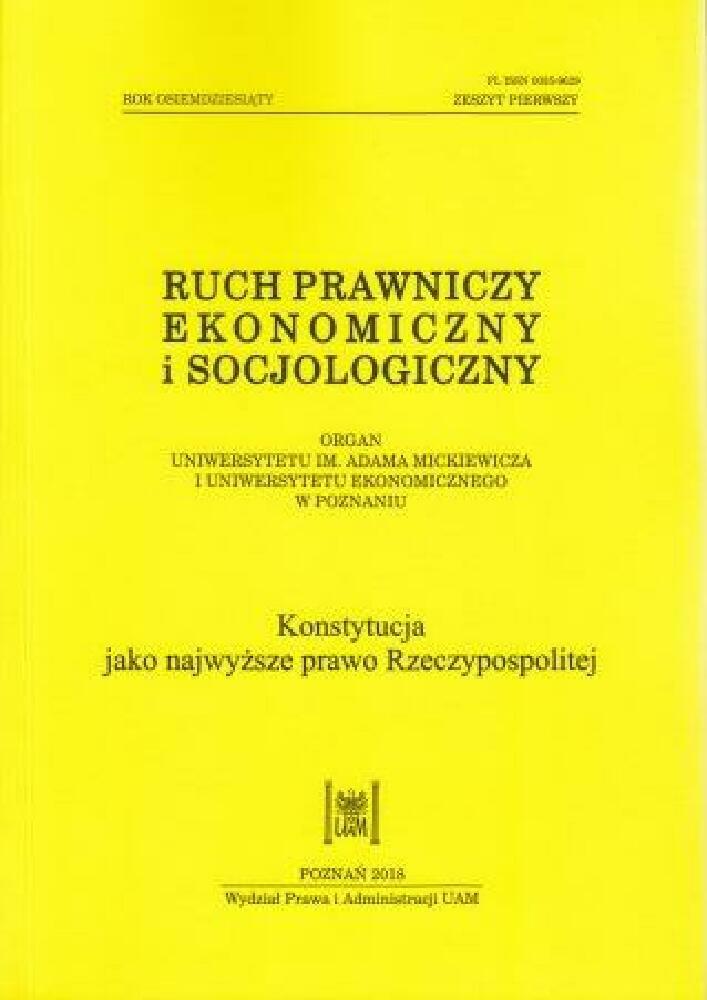Abstract
Freedom of the press seems to be an undisputed value. What sometimes raises doubts is the possibility of limiting this freedom. When opposing the thesis about the unlimited freedom of the press, it is necessary to refer to the jurisprudence of the European Court of Human Rights in Strasbourg which shows a transition of judicial decisions from an idealistic paradigm to a realistic one. Freedom of the press is a fundamental right, referring to rationality, freedom of expression and freedom of communication. This freedom can be derived from arguments based on the idea of democracy, from the need to serve the truth and the free market of ideas connected with it, and finally from the autonomy of the individual. Freedom of speech has both an individual and a social aspect. It is not, of course, an end in itself. The assumption of deontology must not be ignored.Neither a democratic rule of law nor a society in such a state can function without freedom of
speech. However, there are serious temptations to curtail such freedom.
License
Copyright (c) 2018 WPiA UAM

This work is licensed under a Creative Commons Attribution-NonCommercial-NoDerivatives 4.0 International License.




